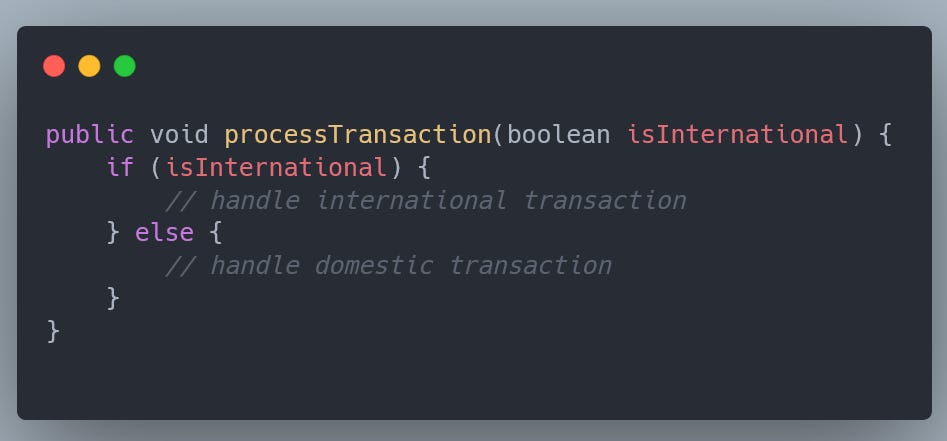Why Enum is better than Boolean in Java Method Parameters?
Because it offer better clarity, type-safety, and extensibility.
Keep reading with a 7-day free trial
Subscribe to Javarevisited Newsletter to keep reading this post and get 7 days of free access to the full post archives.


